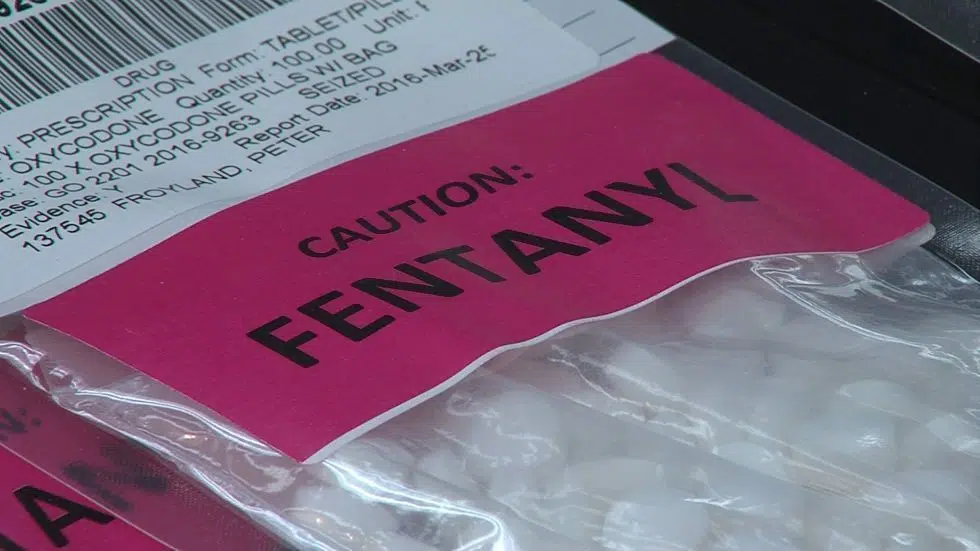
New focus on mental wellness reaping rewards for Nanaimo Fire Rescue
NANAIMO — A cultural shift is underway within Nanaimo’s fire department, aimed at addressing the mental health toll caused by the overdose crisis.
Nanaimo Fire Rescue chief Karen Fry said 100 firefighters underwent resiliency training over the past several months to help members identify mental health distress and seek treatment options earlier.
“I’m really proud of the department for the work that they’re putting into it and that we’re talking openly about mental health and stress related injuries,” Fry told NanaimoNewsNOW.
She said the effects of the rampant overdose crisis made it clear more mental health attention was required for their members.


